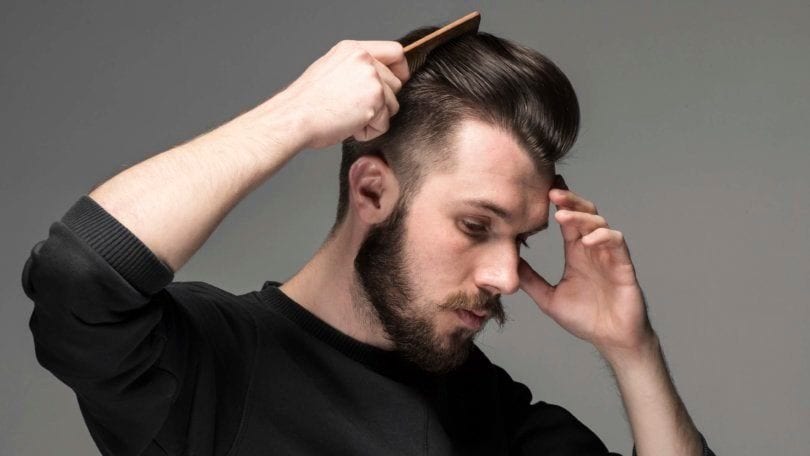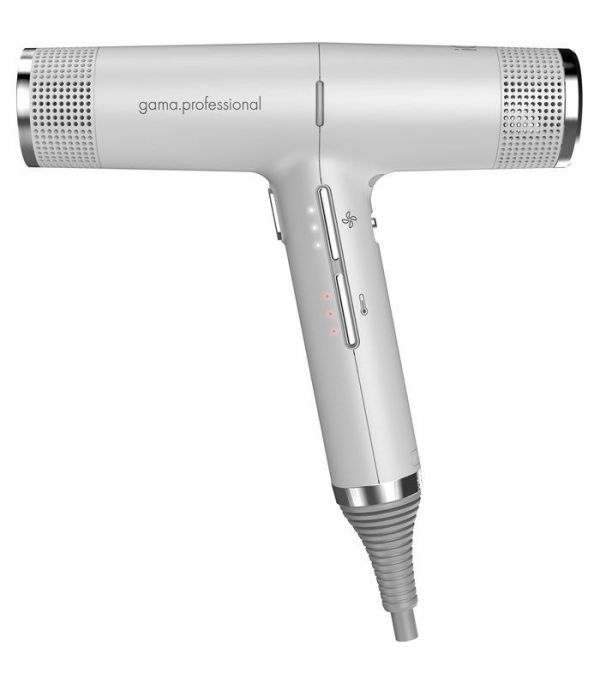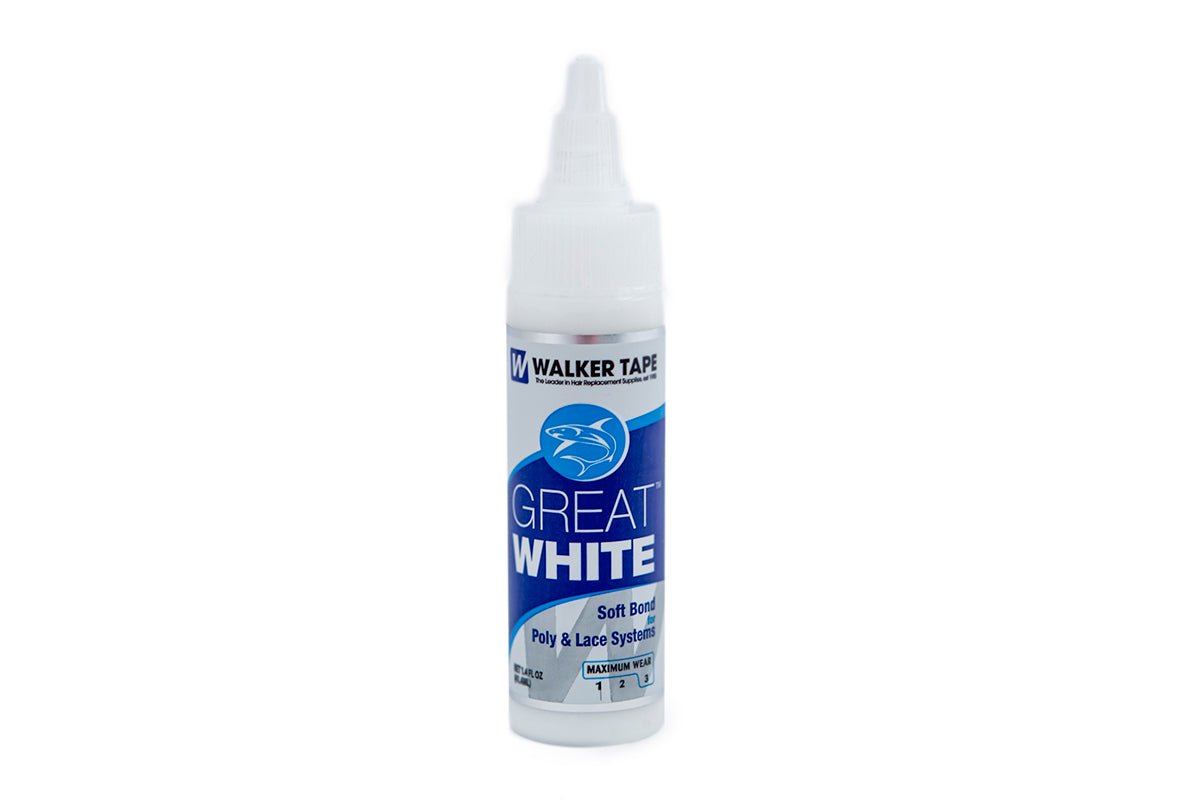Durability of Hair Prosthesis: Influencing Factors and Optimal Care
The durability of a hair prosthesis involves various factors and varies from person to person. While no hair prosthesis manufacturer can guarantee minimum durability times, it's vital to understand how friction, wear, and lifestyle impact the lifespan of these pieces. It's noteworthy that hair prosthesis companies cannot be held responsible for the use and the environment in which each individual wears their prosthesis.
Consider two users with the same hair prosthesis, identical in features. The first user leads a sedentary lifestyle, ensures the prosthesis remains hydrated, and has water filters at home to enhance water quality. In this scenario, the prosthesis has lasted for a year.
In contrast, the second user leads an active lifestyle, works outdoors, enjoys the beach and parties. They use less expensive moisturizing products less frequently and regularly wear motorcycle helmets and caps. The friction caused by these elements plays a crucial role in the uneven wear of the prosthesis. Although hair remains present in most areas, friction significantly impacts the thinning of the frontal area, resulting in evident deterioration within just two months of use.
It's essential to recognize that the care and durability of a hair prosthesis are closely related. Controlling and avoiding friction is crucial to extend the piece's lifespan. Utilizing quality moisturizing products and proper hair hydration are essential factors. Furthermore, it's vital for users to understand the importance of washing mesh and monofilament prostheses with plenty of water. These types of prostheses have small holes that could allow soap or moisturizers to penetrate and weaken the knots holding the hair to the base, resulting in hair loss in specific areas.
The choice of the base type also has a substantial impact on durability. Thinner skin bases can hold less hair and have a shorter lifespan. On the other hand, thicker skin bases can hold more hair and be more durable, although naturalness might be compromised. In the case of mesh bases, the choice of thickness also influences density and durability. In this sense, finding a balance between naturalness and durability is key.
In summary, the durability of a hair prosthesis results from various factors, from lifestyle to the type of base used. While hair prosthesis companies cannot guarantee minimum durability times, they offer high-quality products that, with proper care, can remain in optimal conditions for longer. Controlling friction, keeping the hair hydrated, and choosing the right base are crucial steps to maximize the durability and performance of your hair prosthesis.



Hinterlasse einen Kommentar
Diese Website ist durch hCaptcha geschützt und es gelten die allgemeinen Geschäftsbedingungen und Datenschutzbestimmungen von hCaptcha.